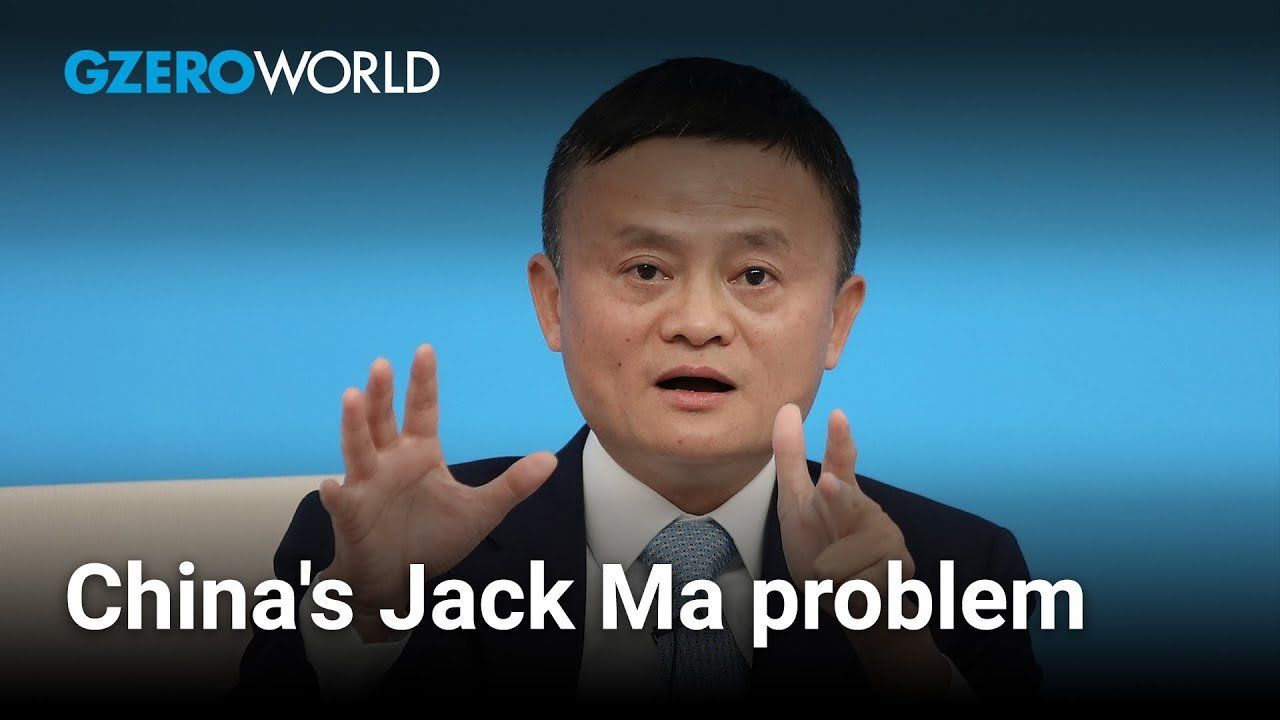
Is the Communist Party losing support in China?
On GZERO World with Ian Bremmer, Shaun Rein, founder and managing director of the China Market Research Group, explains why wealthy Chinese citizens fear that the country is moving towards socialism and is no longer pro-business as it was in the past.
“People have trusted the Chinese government to do the right thing. It was almost like they were invincible,” Rein explains, “But zero-COVID wasn’t done well, so they’re starting to lose some support, especially among the wealthy.”
Along with zero-COVID sapping domestic consumption and production, Rein also points to the example of Jack Ma. Ma was a hero to many young Chinese, rising from a peasant to become the billionaire owner of one of China’s biggest tech companies, Alibaba. But Communist Party's crackdown on the private sector forced Alibaba to split into six separate companies and forced Ma to give up his control.
Rein says he agrees with the decision because companies like Alibaba were becoming too powerful, controlling too many industries and stifling fair market competition. But the Beijing's crackdown has rattled the business community and some worry that China’s ethos of “socialism with Chinese characteristics” is starting to look a lot more like traditional socialism, full stop.
Watch the GZERO World episode: China’s economy in trouble
And watch GZERO World with Ian Bremmer every week on gzeromedia.com/gzeroworld and on US public television. Check local listings.
- US-China tech “Cold War” is on ›
- Xi Jinping tightens his grip on China ›
- 2022 showed Xi Jinping is not invincible; 2023 will be "rocky year" for him ›
- What We’re Watching: El Salvador’s lingering state of emergency, Northern Ireland on alert, Alibaba’s breakup, Greek election matters ›
- Jack Ma dethroned as China's richest with 'Lone Wolf' moving up ›
- What We're Watching: Qatar-Saudi embrace, Jack Ma's whereabouts, Egyptian incompetence ›